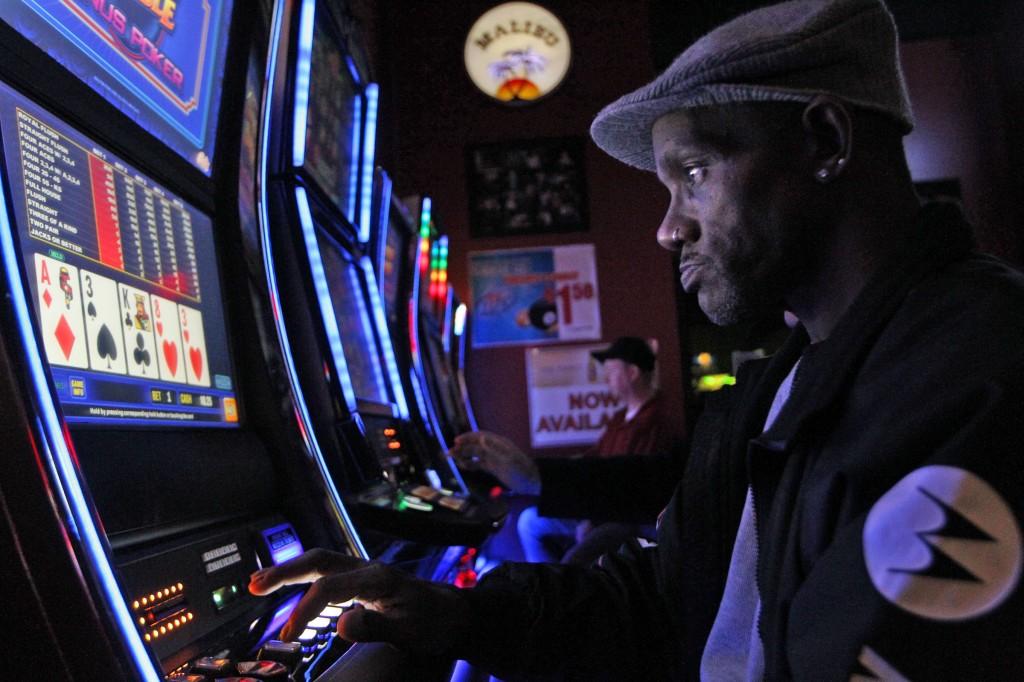Casino Queen Esop
The Casino Queen is a riverboat casino located near the Mississippi River in East St. Louis, Illinois, just across the river from downtown St. It is owned by Gaming and Leisure Properties and operated. In 2012, the Casino Queen sold for $170 million to an employee stock ownership plan (ESOP), a trust that was supposed to guarantee retirement savings for current employees. The transaction happened after. Casino Queen ESOP Investigation If you are interested in learning more about this investigation, please take a moment to fill out the questionnaire below. We will contact you within two to three business.

EAST ST. LOUIS — Two former Casino Queen employees have filed suit against the casino’s old owners over the 2012 sale of the property that made it employee-owned.
The plaintiffs, Tom Henseik and Jason Gill, allege the former owners of the Casino Queen Inc. sold their stake in the company into an employee stock ownership program (ESOP) at a vastly inflated price and then kept the true value secret for years. The proposed class action lawsuit was filed last month in U.S. District Court in East St. Louis.
Casino Queen Esop Rules

“Plaintiffs allege that the Casino Queen ESOP’s fiduciaries concealed for years that the ESOP transaction was intended to benefit the Casino Queen’s prior owners and executives while providing only a hollow promise to employees,” said Michelle C. Yau, a lawyer representing Henseik and Gill. “Employees learned in October 2019 that the Casino Queen stock in their retirement accounts [the only asset held in those accounts] was nearly worthless.”
None of the defendants responded to requests for comment.
The case
In 2012, the Casino Queen sold for $170 million to an employee stock ownership plan (ESOP), a trust that was supposed to guarantee retirement savings for current employees.
The transaction happened after the owners spent years unsuccessfully trying to sell the company to a third-party buyer, according to the suit.

“Given their inability to find a buyer willing to pay what the selling shareholders wanted for the Casino Queen, the selling board members created their own buyer for the company by establishing the ESOP to buy it outright,” according to the filing.
The case names the former board members of the casino, Charles Bidwill III, Timothy J. Rand, James G. Koman, Jeffrey Watson and Robert Barrows, as defendants. Bidwill, Rand and Koman all held stakes in the company at the time.
The other two, Watson and Barrows, became co-trustees of the ESOP and were charged with approving the 2012 transaction in the interest of the ESOP participants — in this case, employees of the casino — the complaint alleges.
Casino Queen Esop

Watson, who is now a circuit judge in St. Clair County, and Barrows were supposed to follow input from an administrative committee set up by the board of directors, which consisted of board members and officers of the company, the plaintiffs allege.
“The board retained the power to dismiss the co-trustees (who continued serving on the board while charged with approving the 2012 transaction) and administrative committee members, and thus controlled their decision-making,” according to the filing.
The plaintiffs allege the board violated their responsibilities to employees of the casino by approving $170 million in debt the ESOP took on to purchase Casino Queen stock.
The complaint also states that employees of the casino were unaware of any transaction until after it occurred and were forced to invest their employee-sponsored retirement savings into Casino Queen stock.
'Shortly after the 2012 transaction, the company stopped making employer contributions to other retirement plan(s). Instead, the company contributed solely to the ESOP which holds only Casino Queen stock, a stock that lacks a public market,' according to the filing.
The plaintiffs allege the board misled them to believe their retirement accounts were growing quickly until 2019 when employees learned the value of Casino Queen stock, the only investment in their ESOP accounts, was worth 5% of what they had been told.
Eric Schmid covers the Metro East for St. Louis Public Radio as part of the journalism grant program Report for America, an initiative of the GroundTruth Project. Follow Eric on Twitter: @EricDSchmid
Send questions and comments about this article to: feedback@stlpublicradio.org
If you are interested in learning more about this investigation, please take a moment to fill out the questionnaire below. We will contact you within two to three business days to schedule a phone call with one of our attorneys. You may also contact us directly.
For additional information on the issue of ESOP fraud, please read the Cohen Milstein Benefits Blog post, “Is My ESOP Account at Risk?”
The attorneys investigating this matter are Michelle Yau (admitted only in Massachusetts and the District of Columbia), Mary Bortscheller (admitted only in Illinois, Minnesota, and the District of Columbia), and Sarah Holz (admitted only in Mississippi and the District of Columbia).
In addition to completing the contact form above, please also feel free to contact us directly with any additional questions.
Casino Queen Esop Payout
Contact Information:
Casino Queen Esop Casino
Norma Canas Mejia, Paralegal – NMejia@cohenmilstein.com
Cohen Milstein Sellers & Toll PLLC
1100 New York Avenue, N.W.
Suite 500, West Tower
Washington, D.C. 20005
Tel: (888) 240-0775
Fax: (202) 408-4699



